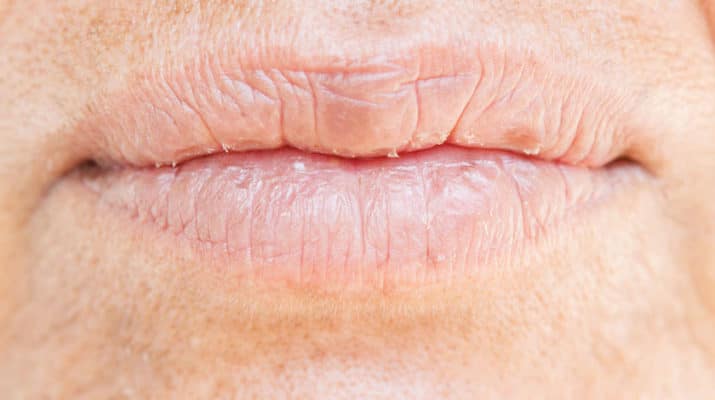By Deborah Jeanne Sergeant
If you find that your mouth often feels parched, it’s not a symptom you should ignore, unless it’s only when you’re nervous.
When it persists as a regular problem, dry mouth, called xerostomia in the medical world, can indicate a number of important health concerns.
Instead of constantly reaching for lozenges, hard candy or a drink, you should see a healthcare provider. It’s not just an inconvenience.
“It can cause issues with a higher rate of decay,” said Amy Richter, orthodontist and owner of Amy Richter Orthodontics in Buffalo. “Saliva has some cleaning action. If you don’t brush after a meal, your saliva can rinse away food particles and if you have a dry mouth, that can be a problem.”
Richter said that age, certain medications and some medical conditions can cause dry mouth.
“It can have many, many causes,” said Az Tahir, a medical doctor who practices holistic medicine in Rochester.
He said that dry mouth could be a localized problem from a blocked salivary gland in the mouth, or a systemic issue such as Sjogren’s syndrome, which can also cause dry eyes. Sjogren’s is an autoimmune disease that often accompanies other autoimmune conditions such as lupus, Hashimoto’s disease and rheumatoid arthritis.
Beyond the chance of association with other conditions and the annoyance of feeling like your tongue is sticking to the roof of your mouth, dry mouth can cause dental health issues as well, such as increased plaque, tooth decay, gingivitis, mouth sores, thrush, cracked and dry lips, and, because saliva helps initiate the breakdown of food, digestive issues and nutrition problems.
Paul Emile Rossouw is doctor of dental science, Ph.D., and chairman of the orthodontics and dentofacial orthopedics department at Eastman Institute for Oral Health, which is part of the University of Rochester Medical Center. Rossouw said that drying out the mouth can hasten the gingivitis process, since saliva helps wash away food debris and neutralize acid in the mouth.
Sometimes, dry mouth isn’t a local or systemic condition but is caused by an external injury that damages the salivary glands or a mechanical issue.
“That’s why one should want good lip seal,” Rossouw said. “Many things can create incompetent lips. Any kind of habit like sucking the thumb, genetics, and crowding with the teeth, which can make it difficult to close the lips. Aging can also be a cause.”
Drinking more water and using mouthwash made to combat dry mouth can help, as can addressing any sleep apnea issues. Sleep apnea causes the lower jaw to drop open, which dries the mouth during sleep.
Chemotherapy and radiation as a cancer treatment can cause dry mouth. Patients undergoing these treatments should ask about ways to keep more comfortable.
Some medications can cause dry mouth, like some antihistamines, anti-hypertensive drugs, and antidepressants, so it’s a good idea to bring this up during a visit with a healthcare provider, as an alternative medication or treatment option may be available.
Dry mouth should also be addressed at a dental visit, since the dentist and hygienist can look for any signs of gingivitis and make recommendations on strategies to mitigate and prevent dry mouth.
Using alcohol, tobacco products, or illicit drugs also contribute to dry mouth, so quitting use of these can help restore better moisture to the mouth.

